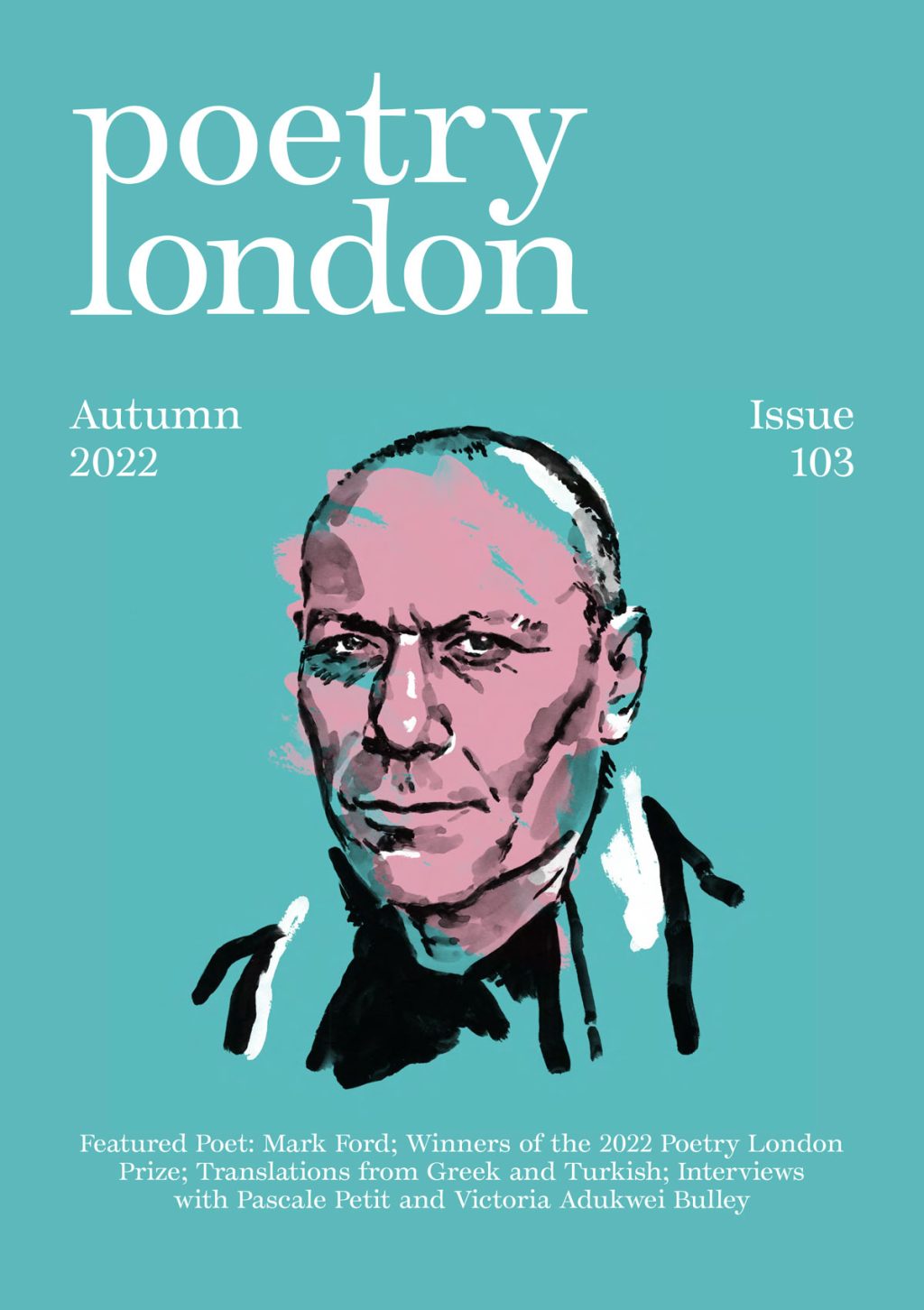Treacherous Foundations
Isabelle Baafi
Earlier this year, I moved house for the first time in decades, and one day, after several weeks, I noticed a small crack in one of the top corners of my bedroom, about the width of a hair and about the length of a spaghetto. Such cracks are often a sign of a house settling into its foundations, or occasionally, a more ominous symptom of an unstable foundation. In such an old, albeit recently renovated house, I wasn’t worried. However, it did make me start to think about the past. I began to wonder about the lives that had unfolded there before, the people who had left no trace, but who had looked out of the same windows and stared up at the same ceiling. Like Jane Burn, who writes in the poem ‘The National Trust Cannot Charge You To Come In’, published in this issue: ‘my home is made from stories, all untitled, and until I came here / with my need to seek them, lost’, I wondered if they had lived lives so dynamic they had caused the foundations of their own lives to shift.
The past is omnipresent, even if it is intangible, even if we can only trace its origin back so far, and the present that we have inherited seems, at times, implausible to us: ‘Is the ground an / idea?’ writes Anthony Anaxagorou in ‘Heritage Aesthetics’; ‘Why have ideas become so important?’ In this poem, as in much of the issue, the present is ‘a violence so perfect it brushes up the history / that made it’. Elsewhere,
such forms of violence are confronted and neutralised, occasionally through a tongue-in-cheek mockery of the absurd and hypocritical structures that birthed them – as in the printed version of Sy-Quia’s lecture from this year’s Verve Poetry Festival, which draws from her recent collection Amnion to trace the fault lines of the patriarchal ideologies that caused the ruptures of her family’s migrations, scandals, and triumphs.
Across the issue, the uneasy, unavoidable grip of the past is wrestled with and – to some extent – pried off, as in Jennifer Wong’s review of Claire Askew’s How to burn a woman and Simone Atangana Bekono’s When the sparks first became visible, which considers how these texts repurpose ancient philosophies, myths, historical structures of misogyny and racism, to create new frameworks for thinking about gender and racial identity today. Yet the inheritance of the present, as gifted by the past, is not always unpleasant. In fact at times it is a source of cultural richness, as seen in the reviews by Arun A.K. and Carlos F Grigsby, whose examinations of recent anthologies and collections – of Indian and Latin American poetry respectively – offer a robust overview of how these traditions have changed over the years, and how the foundations laid in the early twentieth century are inspiring younger poets around the world today. After all, our past is constantly shaping and reshaping, affirming and reaffirming, who we become. At all times, we are the remnants of our former selves, and the past is a foundation that we cannot help but build upon, even if its components are corrupt and its integrity weak.
The crack in my room isn’t visible from most angles, or in bright lights. It is only discernible when one looks at it aslant, and is standing or sitting far away enough that it’s hard to see something so tiny as scary. The past can be like that. Often, the more enlightened we are, the easier it is to fool ourselves that we’re above it. And the further away we get from it, the less impact we imagine it has on us – especially when we consider those chapters which (thankfully) came to a close before we even entered the story. But even when the past does not touch us directly, it leaves it mark and its conflict-tinged tools, as Victoria Adukwei Bulley discusses in our interview.
The possibility of deconstructing and rebuilding upon history’s violences threads the prose of this issue as well as the poetry. In ‘Out of the White Room: Poetry on the Borderline’, Zoë Brigley revisits the work of Sylvia Plath and Jean Rhys, grappling with historical perceptions of mental illness and gender, and presenting the experience of borderline personality disorder as a lens through which to better the understand the work of these two critical twentieth century writers. For those of us who are writers, what else are we to do, when the past refuses to leave us alone? Don’t believe me? Just ask the haunted men in Khairani Barokka’s poem, ‘preceding a prayer for the dead asian men who inspired a nightmare on elm street’, a searing retrospective which bears witness to the residual trauma of Asian refugees following Vietnam War, and which rejects the West’s attempt to whitewash, project, fictionalise, and capitalise on the suffering they caused by turning it into a Hollywood movie.
In such instances, maybe it’s better to forget the past. Maybe Emil Cioran was right when we wrote that, ‘Without the faculty of forgetting, our past would weigh so heavily on our present that we should not have the strength to confront another moment, still less to live through it.’ In any case, Cioran would probably find a kindred spirit in Efe Duyan, whose poem ‘A Walnut Tree’ in this issue reminds us:
I don’t know which is better to forget or to remember
I know
new trees grow only if
the squirrels forget where they
bury
their walnuts
Or perhaps we should go one step further, and, as Yannis Ritsos writes in ‘Blockade’, ‘live for today.’ But even in the midst of such mindfulness, Ritsos acknowledges that the question of which future we should build remains a pertinent one: ‘which today is that?’


